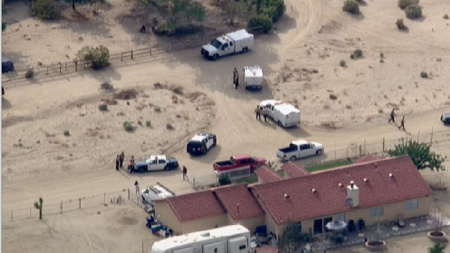
Peter Lee, Covered California executive director, will oversee implementation of the Affordable Care Act in California. ; Credit: Peter Lee
Key parts of the Affordable Care Act — popularly known as Obamacare — take effect in 2014, but by October this year, Californians will be able to shop for health insurance and compare plans through Covered California, the state's health insurance exchange.
In early June, Peter Lee, executive director of Covered California, joins Larry for a discussion about how his team plans to implement the healthcare exchange in our state. (We'll update you on the exact date ASAP).
We'd also like to give you a chance to ask questions about how the health care exchange will impact your life.
What would you like to know? Do you have any questions about how the exchange works? What about the possible impact it will have on California's finances? Will your healthcare costs go up? We hope to get to as many as possible when Mr. Lee is on the show.
Please post your questions in the comments below or contact us via AirTalk's Twitter or Facebook page.



























